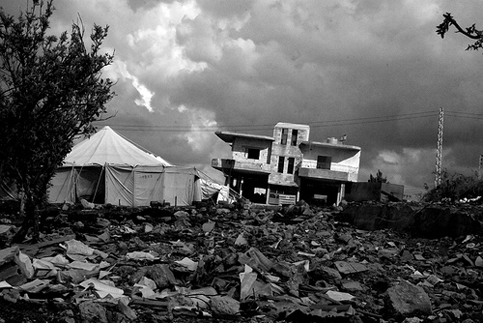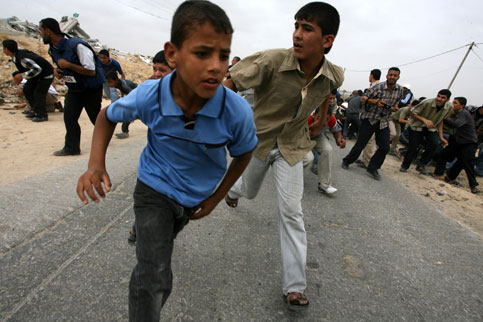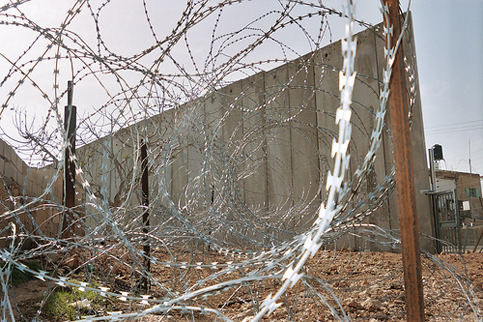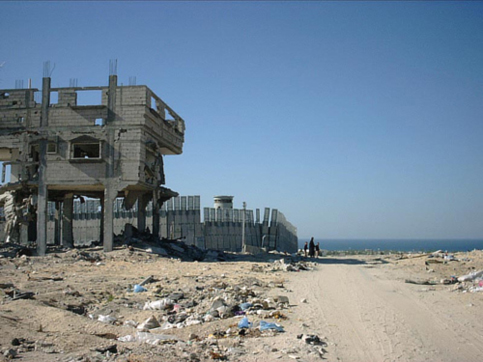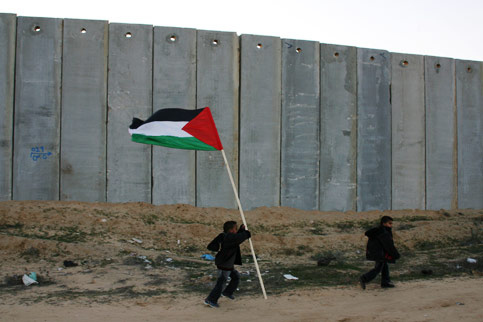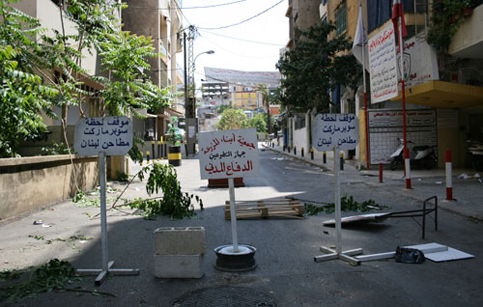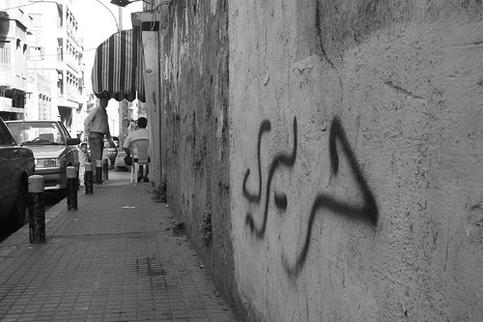Films anti-coloniaux sous les étoiles !
- Films anti-coloniaux sous les étoiles !
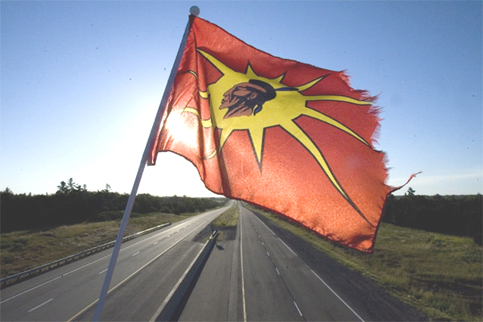
- Mardi, 1 Juillet, 21h00, 2008
Dans l’espace ouvert à côté de l’Insoumise
2035 St-Laurent
(entre Ontario et Sherbrooke)
metro St-Laurent
Joignez-nous pour un visionnement de fabuleux documentaires sous la lune en plein centre-ville de Montréal. Tadamon! présentera deux excellents films traitant de la lutte contre l’appropriation de terres et la colonisation en Palestine et l’Île de la Tortue.
Les films sont présentés dans le cadre d’une campagne de mobilisation pour la manifestion « 400 ans de colonialisme : pas de quoi célébrer ! » dans la ville de Québec, le 3 juillet prochain.
